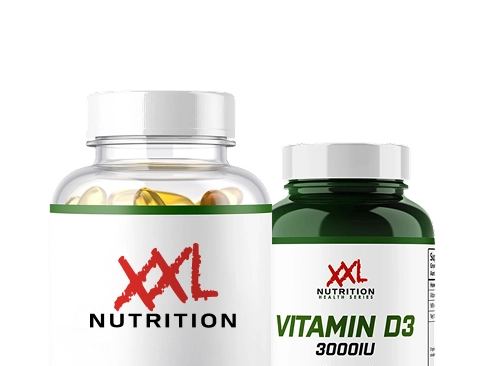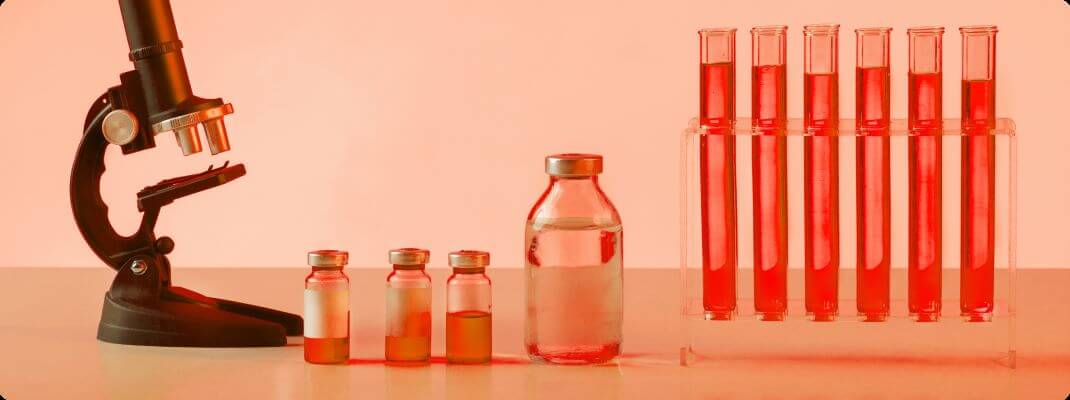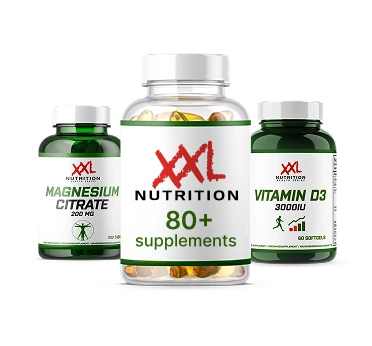Hormones shape nearly every aspect of athletic performance. They regulate energy, muscle growth, recovery, and focus. But when thrown off balance, even the best training and nutrition can fall short. Despite this, hormonal health is rarely prioritized. Instead, athletes often chase surface-level fixes. Chronic fatigue is usually attributed to poor sleep. Recurring injuries? Just bad form.

This article examines the impact of hormones on strength, endurance, and recovery, and why training with hormonal balance in mind is crucial for athletes at every level.
Let’s dive in!
Key areas of hormone influence in sports
Hormones play a crucial role in shaping the body’s response to training. They influence key areas, such as exercise, running performance, and recovery capacity. If you’ve ever asked, “Do hormones affect athletic performance?“ the answer is yes, significantly.
How hormones affect exercise
Exercise triggers a cascade of hormonal responses. Adrenaline and cortisol release energy; insulin sensitivity improves to fuel muscles; testosterone and growth hormone support repair and growth. Over time, regular training can improve hormonal efficiency.


For women, hormones associated with the menstrual cycle add another layer of complexity. Estrogen may enhance endurance early in the cycle, while rising progesterone later on can increase fatigue or reduce coordination, affecting performance and recovery.
How hormones affect running
Running, especially at endurance levels, increases cortisol to maintain energy levels. However, without proper recovery, this can lead to chronic elevation, slow recovery, and an increased risk of injury. Testosterone helps male runners maintain strength, while hormonal shifts during the menstrual cycle can affect how female runners handle heat, effort, and hydration. In these situations, managing your sport hormones becomes essential to avoiding setbacks.

Sex-specific hormonal effects
Hormones affect all athletes, but their impact differs by sex. Men and women exhibit distinct patterns and levels that influence their training, performance, and recovery. Let’s get into detail.
Male athletes
Men’s performance in sports is primarily driven by hormones that regulate strength, energy, and recovery. While testosterone takes the lead, other hormones work alongside it to support endurance, muscle repair, and training adaptability.
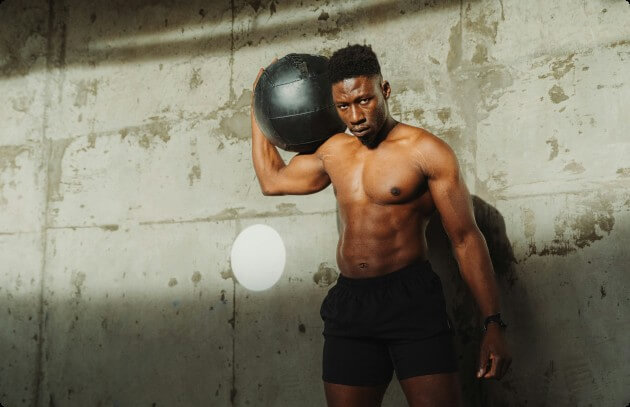
- Testosterone and performance
So, how does testosterone affect athletic performance? It supports muscle growth, bone strength, red blood cell production, and even motivation. During strength and high-intensity training, testosterone levels naturally rise, boosting muscle repair and making it easier to build lean muscle.
This is why you will often hear discussions about testosterone and athletic performance, particularly in strength sports such as sprinting and weightlifting. However, it’s also essential to ask, “Does testosterone affect athletic performance negatively when low?” The answer to this question is yes. Overtraining, stress, and sleep deprivation can all lower testosterone levels, reducing recovery capacity and strength.
Female athletes
For women, athletic performance is influenced not only by training but also by hormonal shifts throughout the menstrual cycle, which have a profound impact. Estrogen, progesterone, and testosterone all impact energy, endurance, coordination, and recovery, which is why regular hormone testing for women is recommended.
- Estrogen and exercise
You may have wondered, “How does menstruation affect female athletes?” Well, estrogen supports bone health, aids in muscle repair, and enhances the body’s utilization of carbohydrates and fats. During the follicular phase (the first half of the cycle), higher estrogen levels may improve endurance, coordination, and motivation.
This highlights the importance of understanding the menstrual cycle and its impact on exercise performance in female athletes.


- Progesterone and performance
Progesterone levels rise in the luteal phase (day 15-28), often increasing body temperature, affecting breathing, and causing fatigue or bloating. Some women notice reduced performance or coordination during this phase.
- Testosterone in women
Though lower than in men, testosterone still plays a key role in female performance, helping with muscle maintenance, strength, and recovery. Low levels from overtraining or energy deficiency can lead to slower progress and even missed periods.


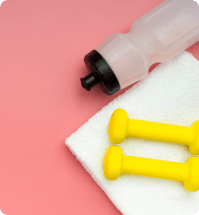
- How to train with your cycle
Understanding your menstrual cycle can help you train smarter. During the Follicular Phase (Day 1–14), strength training may yield better muscle gains due to rising estrogen. Ovulation (around Day 14) offers peak power output, ideal for strength or competition. In the Luteal Phase (Days 15–28), rising progesterone can impact endurance and increase fatigue, making it better for moderate training and recovery. Tracking your cycle can help optimize performance, reduce injury risk, and enhance recovery.
Other performance-critical hormones (for all athletes)
Beyond sex hormones, several other hormones play key roles in energy use, recovery, and overall athletic output for both men and women. Let’s take a closer look:
- Cortisol: Helps with energy and focus during training. Chronic high levels, however, break down muscle tissue and lower levels of testosterone production.
- HGH (Human Growth Hormone): Boosts muscle repair, fat metabolism, and recovery, especially during sleep or intense training.
- Insulin: Delivers glucose to muscles for recovery. Good insulin sensitivity helps maintain energy and build strength.
- Thyroid Hormones (T3, T4): Regulate metabolism and energy. Low levels can lead to fatigue and poor training outcomes.
Gut health and hormonal balance
The gut plays a crucial role in hormone metabolism, nutrient absorption, and the regulation of inflammation. An imbalanced microbiome can disrupt estrogen regulation, reduce energy levels, and impede recovery. Supporting gut health through a fiber-rich, diverse diet—and tracking imbalances through microbiome testing—can help athletes stabilize hormones and improve performance outcomes.


Cortisol and sports performance
Cortisol, often referred to as the “stress hormone,” plays a crucial role in the body’s response to exercise. It helps release energy, reduce inflammation, and maintain performance during high-intensity or long workouts.
When it’s helpful
In moderation, cortisol:
- Fuels muscles by releasing glucose
- Aids fat metabolism
- Boosts focus
- Supports post-workout recovery
These short spikes help your body adapt to the stress of training.
When it becomes a problem
Chronic elevation—due to overtraining, poor recovery, or lack of sleep—can lead to:
- Muscle loss
- Fatigue
- Belly fat gain
- Slow recovery
- Weakened immunity
Athletes may reach performance plateaus or feel burned out despite making consistent efforts.



Finding the balance
Managing cortisol is about balancing stress and recovery. To keep levels in check:
- Prioritize sleep (7–9 hours per night)
- Build rest days into your training plan
- Include active recovery workouts like yoga or walking
- Avoid high intensity training every day
- Support your body with adequate nutrition, especially carbohydrates and protein, before and after workouts.
Monitoring signs of chronic stress—like persistent fatigue, poor mood, or stalled progress—is key. In some cases, lab testing for cortisol (via blood, saliva, or urine) can help identify hormonal imbalances and guide personalized adjustments.

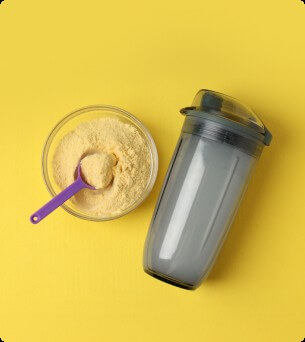
Alarm for Hormone imbalance and sports
Hormones operate like a finely tuned orchestra—when one is off, it can throw the entire system out of sync. In athletes, hormonal imbalances can develop silently over time, often due to excessive training, inadequate recovery, poor nutrition, or chronic stress.
These imbalances don’t just affect how you feel—they can directly impact performance, recovery, and long-term health.
Hormones and overtraining syndrome
Overtraining Syndrome (OTS) happens when training outpaces recovery. It leads to persistent fatigue, poor performance, and emotional burnout. A key marker is dysregulated cortisol, either too high or too low.

In men, OTS can lower testosterone levels, resulting in reduced strength and energy. In women, it may disrupt cycles or cause amenorrhea (loss of menstruation), often tied to low estrogen and energy intake.
Hormonal signs of OTS include:
- Low morning cortisol or flattened daily rhythm
- Low testosterone or estrogen
- Poor sleep and mood swings
- High resting heart rate
- Fatigue that rest doesn’t fix
Unchecked, these imbalances can increase the risk of injury and weaken the immune system.
Other hormonal issues in athletes
RED-S (Relative Energy Deficiency in Sport) affects both men and women when training demands exceed caloric intake, impacting sex hormones, thyroid function, insulin, and cortisol.
- Thyroid dysfunction, common in endurance athletes, can cause fatigue, weight gain, and mood issues.
- Insulin resistance reduces energy utilization during training and slows recovery, particularly after consuming carbohydrates.
- Poor sleep affects the rhythms of melatonin and cortisol, reducing growth hormone release and impairing cellular repair.

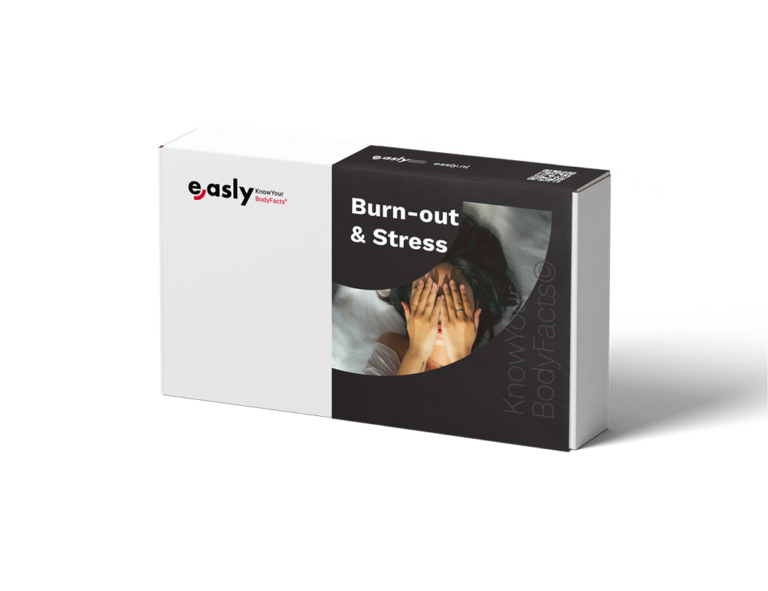
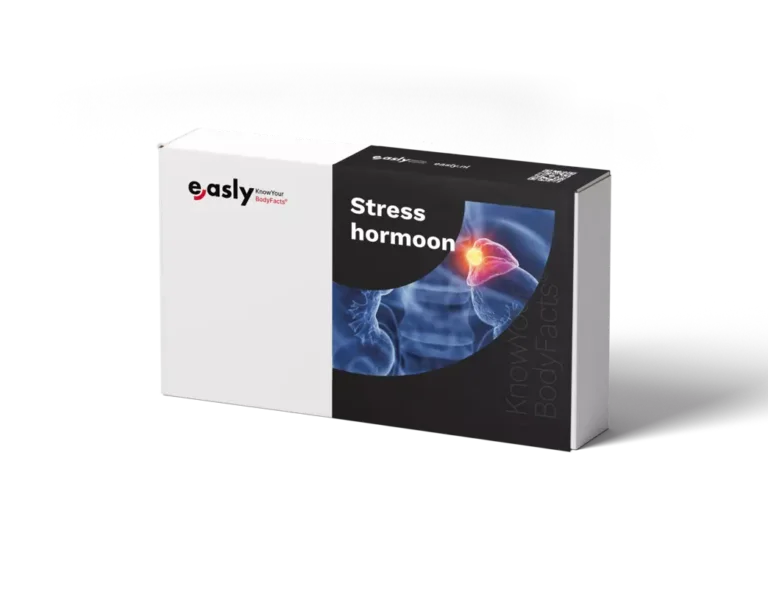
How healthy hormone levels boost performance
When your hormones are balanced, your body trains, recovers, and performs at its best. From energy and strength to focus and recovery, hormone health underpins it all. Here are the key benefits of balanced hormones:
- More strength and muscle: Testosterone and growth hormone support muscle repair and growth, enabling you to train harder and recover more quickly.
- Better endurance: Cortisol and thyroid hormones help regulate energy use, allowing for longer sessions without depleting reserves.
- Faster recovery: Balanced hormones reduce inflammation, improve sleep quality, and promote tissue repair between workouts.
- Sharper focus and mood: Stable cortisol and sex hormones support motivation, consistency, and mental resilience.
- Lower injury risk: Hormonal balance strengthens immunity and protects joints and muscles under training stress.
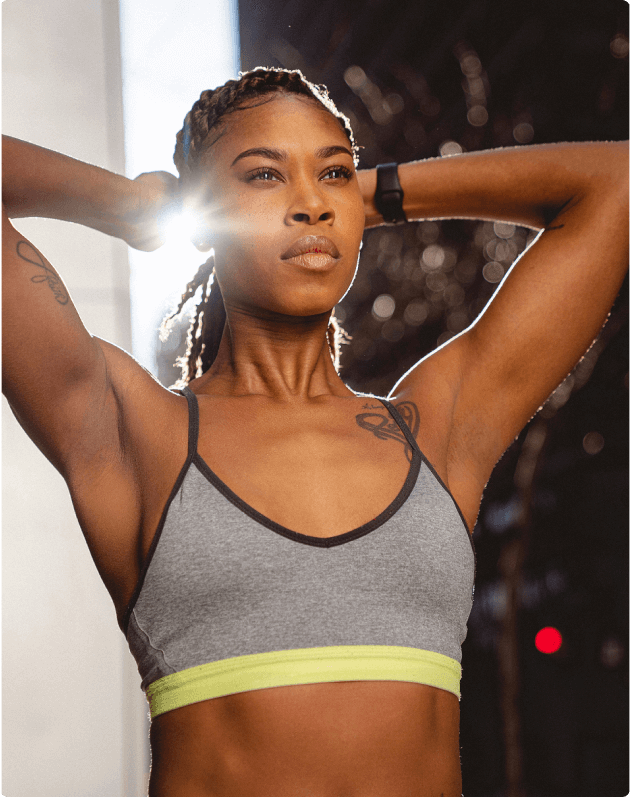
Whether you’re aiming for peak performance or more consistent progress, optimizing your hormone health can turn stalled results into lasting gains for both men and women.
Testing your hormones and nutrients to improve your performance
If you’re hitting a plateau, feeling unusually fatigued, or dealing with irregular cycles or mood shifts, hormone testing can reveal what’s holding you back. It’s not just for elite athletes—anyone training consistently can benefit.
What to test
- Cortisol (daily rhythm)
- Testosteron (total and free)
- Estrogen & Progesterone
- Thyroid hormones (TSH, T3, T4)
- Insulin & glucose
- Growth Hormone / IGF-1
- Nutrients: vitamin D, B12, iron, magnesium
These markers identify imbalances that affect recovery, energy, and results.
How to test
- Blood: Most comprehensive
- Saliva: Best for cortisol patterns
- Urine: Useful for hormone metabolites
When to test
- You’re training, but not progressing
- You have ongoing fatigue or irregular periods
- You suspect overtraining or RED-S
- You want a data-backed plan to improve performance

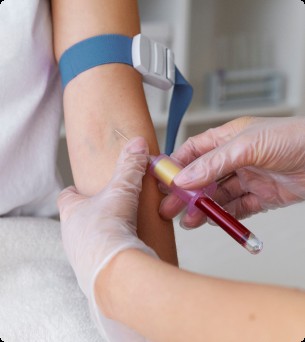
Testing with organizations like Easly helps you tailor your training, nutrition, and recovery with confidence, rather than relying on guesswork.
Conclusion
Hormones regulate the systems that matter most in sport—energy production, muscle growth, recovery, and mental resilience. Supporting these systems through personalized training begins with understanding how your body responds to them.
This is where hormone testing becomes a powerful tool. Easly offers clinical-grade hormone testing that helps athletes identify hormonal imbalances and align their training, nutrition, and recovery with precision. By turning biological insights into action, athletes create a stronger foundation for sustainable performance, fewer setbacks, and measurable progress, guided by data rather than guesswork.
Explore your testing options at Easly.nl and take the next step toward excellent performance.
Sources:
- National Library of Medicine — The Impact of Menstrual Cycle Phase on Athletes’ Performance: A Narrative ReviewNutrition and Impacts on Hormone Signaling
- PennMedicine — Hormonal Changes Affect Female Athletic Performance. Period.
- kgw.com — University of Oregon researchers study how hormones may affect athletic performance





